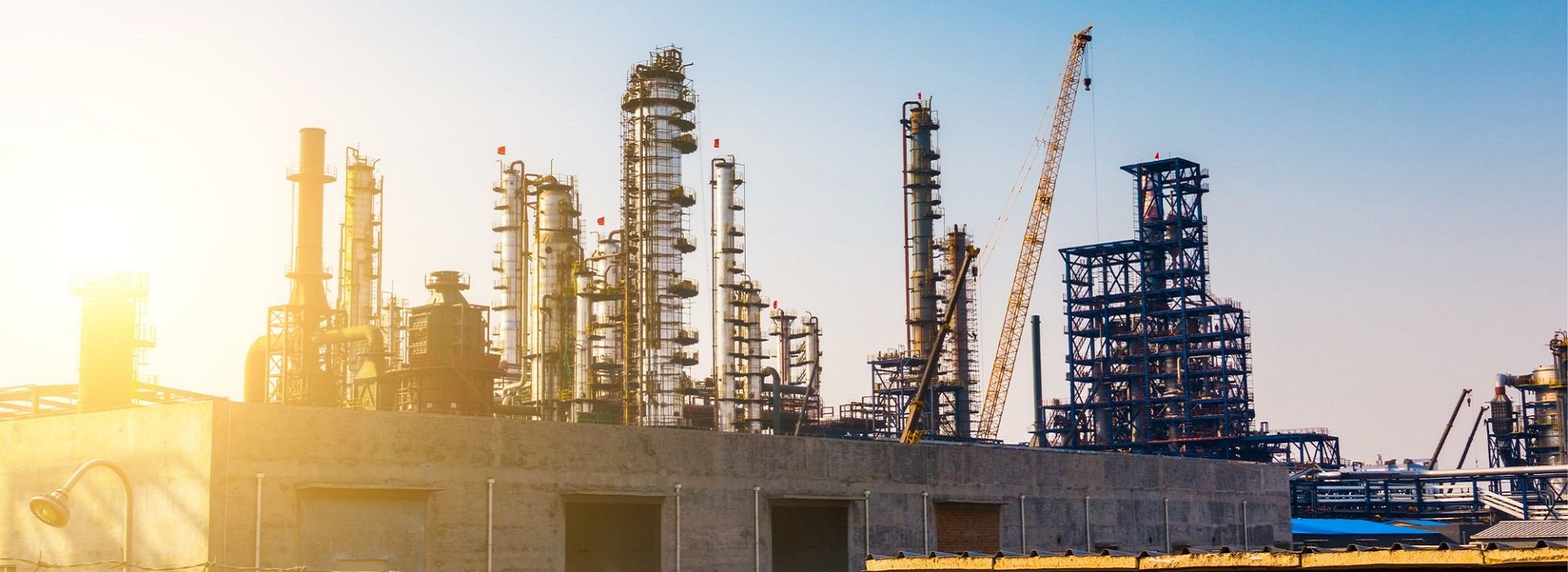June 2022
Chemical & Petrochemical industry in GCC
As a result of trade sanctions on Russia, oil & gas, wheat as well as certain metals and industrial gases have suffered extreme price volatility due to concerns about supply shortages.
As a result of trade sanctions on Russia, oil & gas, wheat as well as certain metals and industrial gases have suffered extreme price volatility due to concerns about supply shortages.
However, they expect oil prices to gradually decline again over the next few months amid reduced and adjustments of both demand and supply.
In the absence of a price reversal by mid-2022, this inflationary shock through imported prices and prolonged supply bottlenecks would continue to diffuse into overall prices and activate a wage-price loop, especially in the UK and France.
In the Middle East, commodity exporters, particularly the GCC economies and other large oil & gas producers such as Algeria, Nigeria and Angola, will benefit from higher global prices.
This will provide some of them with more fiscal leeway to support the hitherto modest recovery from the Covid-19 crisis.
But net energy and food importers in the region will suffer. Governments might try to protect households from the impact of higher costs for food and energy through increased subsidies. Overall, we forecast real GDP in the Middle East to grow by around +4.5% in 2022 and +2.7% in 2023, irrespective of the scenario as higher oil and gas revenues in the downside scenario will enable GCC governments to compensate residents for increased food prices.
Fill out the form below to receive the full version of the report "Chemical & Petrochemical industry in GCC"
Authors

